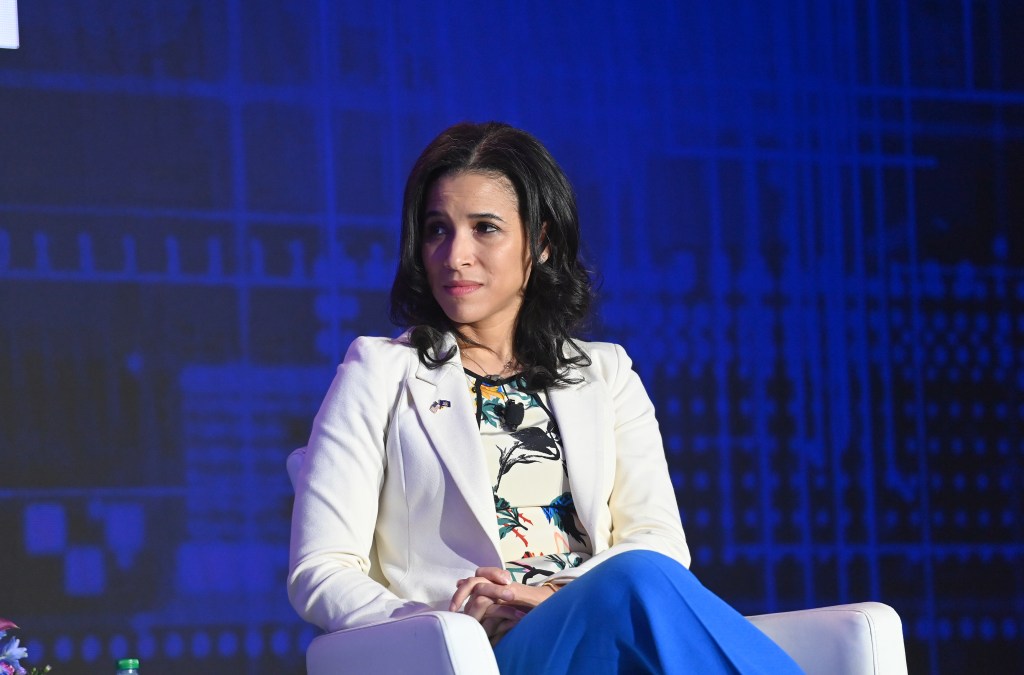The New York State Department of Financial Services (NYDFS) announced on Monday that it will start charging cryptocurrency firms registered in New York for the costs of annual supervision and examination.
The new rule applies to those entities holding a so-called Bitlicense, thereby aligning the crypto arena more closely with how the agency charges assessment fees to the insurance and state-chartered banking firms in the state to subsidize its operations.
“As the first prudential regulator of virtual currency in the nation, New York has created a framework that sets the highest standards for safety, soundness, and consumer protection while fostering responsible growth,” said DFS Superintendent Adrienne Harris.
These assessments will help the regulator bring in additional resources and hire more staff to expand its virtual currency unit, the agency said.
Bitlicense background
In June 2015, NYDFS issued virtual currency regulation 23 NYCRR Part 200 under the New York Financial Services Law.
This regulation established a Bitlicense requirement stating that “no person shall, without a license obtained from the superintendent as provided in this Part, engage in any virtual currency business activity”.
As part of the requirement, each licensee is prohibited from conducting any virtual currency business activity through an agent or agency arrangement when the agent is not a licensee.
The following are exempt from the licensing requirements;
- persons chartered under the New York Banking Law and approved by the superintendent to engage in virtual currency business activity;
- merchants and consumers that use virtual currency solely for the purchase or sale of goods or services or for investment purposes.
Such activities as storing, holding, and maintaining custody or control of virtual currency on behalf of others; buying and selling virtual currency as a customer business; and performing exchange services as a customer business count as “virtual currency business activity” for the purposes of Part 200.
As the agency phrases it, the virtual currency licenses are designed “to ensure that New Yorkers have a well-regulated way to access the virtual currency marketplace and that New York remains at the center of technological innovation and forward-looking regulation”.
The assessment
Each institution is billed five times for a fiscal year: four estimated quarterly assessments (approximately 25% of the annual amount) based on the Virtual Currency Unit’s estimated annual budget at the time of the billing, and a final assessment, or true-up, based on the Virtual Currency Unit’s actual expenses for the fiscal year.
The NYDFS fiscal year runs from April 1 to March 31, and the NYDFS website notes that assessment calculation charts will be posted in May.
Some of the fees go toward regulatory-related efforts, such as the cost of examining licensees, and to supervisory efforts, such as the ongoing supervision of licensees, processing the licenses, and responding to inquiries.
Compliance requirements
Part 200 requires licensees to designate a qualified individual or individuals responsible for coordinating and monitoring compliance with this Part and all other applicable Federal and State laws, rules, and regulations.
Licensees must also maintain and enforce written compliance policies, including policies with respect to anti-fraud, anti money laundering, cyber security, privacy and information security, and any other policy required under this Part, which must be reviewed and approved by the licensee’s board of directors or an equivalent governing body.
Applicants must submit audited financial statements for the two most recent fiscal years, prepared by a Certified Public Accountant in accordance with Generally Accepted Accounting Principles, identify direct owners and executive officers.
Plus, it specifically discusses what professional experience it expects of the compliance officers who work at the firm holding the Bitlicense.
It says the applicant’s chief compliance officer (and the AML/BSA officer, if different) must have a minimum of three years’ experience in performing for a money transmitter, bank, or virtual currency business, consistent with the proposed activities of the applicant.
Acceptable training
This chief compliance officer must also demonstrate that he or she has undertaken acceptable, current training on topics directly related to the activities and business of the applicant and his or her function as a compliance (or AML/BSA) officer.
NYDFS also expects to examine the applicant’s most recent anti-money-laundering/Bank Secrecy Act policy, including their risk assessment methodology, and the metrics used to evaluate the risks identified in the risk assessment, among other things.
Licensee must maintain records, accounting books and other similar documents of all accounts or transactions dating back at least seven years, and they must be ready to provide these documents to NYDFS at any time.

















